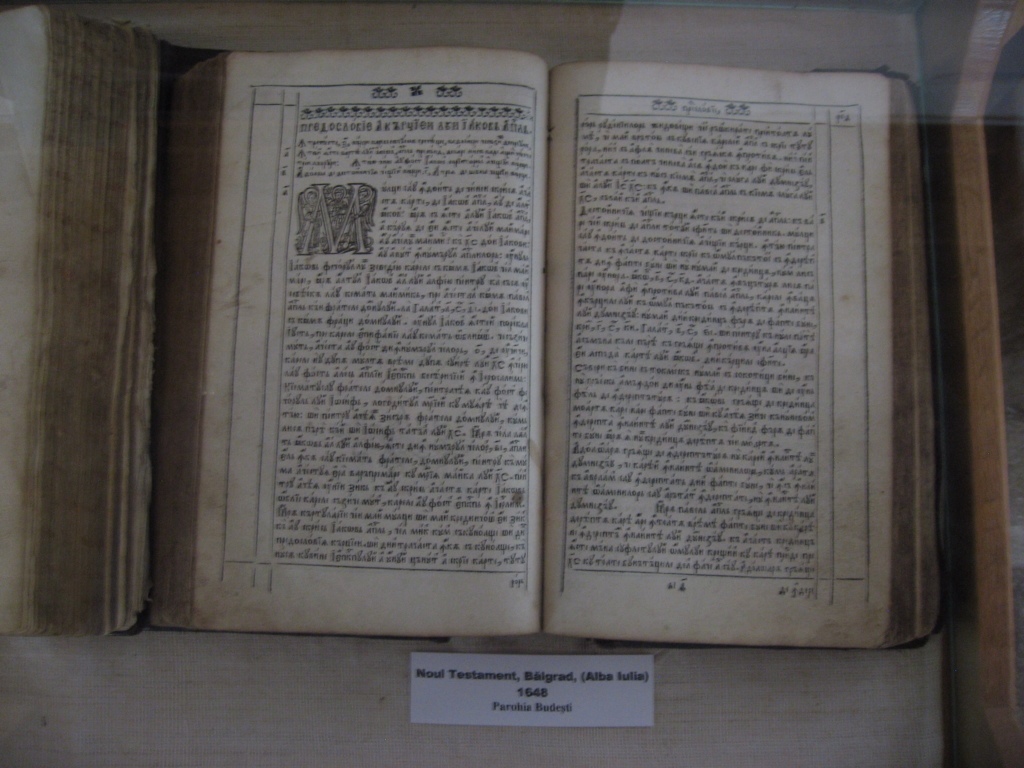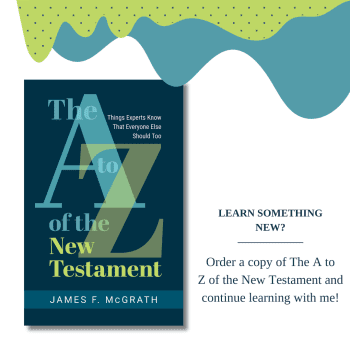Here's another repost from the early days of my blog:
I love the surprised look on people’s faces when I tell them that I didn’t really understand the New Testament until I lived in Romania.
Romania was part of the Roman Empire at one point, but even had this not been the case, it still would be part of that region stretching along the Eastern Mediterranian, up into the Balkans, over into Turkey and North Africa and other places as well, which share a number of key cultural values in common, such as their honor-shame values systems, the importance of relationships (especially of blood) in all transactions, and many other features. It is cultures such as these that are used by social scientists seeking to understand the related values system of this part of the world in ancient times, including authors such as Bruce Malina and Kenneth Bailey
who have sought to apply insights from the study of these cultures directly to issues of New Testament interpretation. No amount of time spent reading such books can substitute for time spent in relevant cultures; on the other hand, Americans and Western Europeans who spend time in such cultures will benefit greatly from these books. Indeed, on more than one occasion I lent Malina’s book Windows on the World of Jesus: Time Travel to Ancient Judea
to colleagues from the U.S., England and Wales, suggesting that it could just as easily have been entitled Windows on the World of Romania.
Let me offer just a few examples, including one that relates to my current research. First, I recall vividly a visit by Anthony Thiselton to the campus where I taught in Romania. He had recently published his commentary on The First Epistle to the Corinthians
and spoke about those in Corinth who said “I am of Paul” and “I am of Apollos”. Thiselton emphasized that this was not merely party politics as we understand it nowadays, but the Roman patronage system. There were a very small number of individuals who had intrinsic power and status, and then others would gain influence by association with such individuals as retainers, like a vine climbing on a tree. It only took a few moments to realize that this was precisely what I had witnessed in the politics of the school I taught at. There were a couple of individuals who had their own churches where they were pastors and had PhDs. Then there were other individuals who associated with them, lacking the degrees and the status of senior pastor, but who became influential through the association. It was illuminating, and if I had had Thiselton’s commentary (or heard his talk) earlier, I might have better understood what was going on around me.
I also found myself wondering about the language of ‘brothers’ in the New Testament. In an American context, we tend to think of such language as egalitarian, and indeed there are uses in the New Testament that might lead one to that very conclusion. Yet in Romania, ‘brother’ can indicate distance and respect rather than intimacy. This raises the question of whether it is more likely that modern Romanians, with very similar cultural values to those reflected in the New Testament, failed to rise to the challenge of the Bible’s counter-cultural teachings, or whether they have indeed understood it and practiced it in the way the early Christians probably did, and it is the Americans and others who have failed to see that the seemingly egalitarian language did not in fact obliterate social differences. I still haven’t made up my mind on this particular question, but without this cross-cultural experience, I never would have asked it.
Finally (for this entry, at any rate), I have recently been reading about oral history and rumor transmission. On a recent visit to Romanian relatives in Canada, one of them told me how Tim Hortons coffee had been laced with tobacco to make it more addictive. I immediately spotted it as an unreliable rumor (it had all the signs), as a quick search at Snopes confirmed for me today. Romania is a remarkable place when it comes to rumors – perhaps it was the lack of reliable news during the communist era, but the rumor mills seem to work as effectively and as rapidly as ever, in the present as in the past.
An important question that needs to be asked by anyone working on the historical study of Jesus is whether our information constitutes anything other than rumor, or more strictly speaking “legend” (which may be defined as rumor that persists for longer periods – just as we speak of “urban legends” for persistent rumors today). Those seeking a more mundane occurrence behind the miracle stories have long suspected that stories such as that about Jesus walking on the could have arised through a misunderstanding of a story about him walking beside the sea (since it is the same preposition in Greek). The version of the story in John chapter 6 lends plausibility to this – the focus there is on the rapid end of the storm and arrival at the other side once they have seen Jesus. But as in all cases of rumor transmission, while it can be asserted that there is often a historical core, studies show clearly that any original piece of reliable information gets obliterated in the transmission process, or at least obscured so badly as to be unrecognizable. The point, in the end, is that rumors circulate and we cannot know what basis, however slim, there may have been in history, or what it may have looked like.
One may think of the allusion in the Book of Revelation to the return of Nero from the dead, the beast whose “deadly wound was healed”. Roman authors from this period show just how widely such rumors were believed, and the chaos that ensued. While even today news reporting, official bulletins, television and the internet do not always succeed in stemming the tide of rumors, imagine in the situation in the ancient world where no such ‘reliable’ sources existed. If at least one New Testament author believed the Nero rumors, why would we expect them to not also provide us similarly rumor-based information elsewhere?
Realizing how unreliable the information that circulates among the populace is – whether the subject is science, politics, religion or coffee – makes me very concerned about the reliability of the New Testament’s information – perhaps moreso than any historical critical investigation could. Nevertheless, books such as Allport & Postman’s Psychology of Rumor, Vansina’s Oral Tradition As History
, and DiFonzo’s Rumor Psychology: Social And Organizational Approaches
, all confirm that oral reporting can at times be verified, but can often obscure the truth rather than inform us about it. One of my current research projects is to identify instances of texts reflecting oral transmission of a common saying and to seek to apply the insiguts of the aforementioned studies, as well as my own experiences.
For Christian faith, questions such as these are profoundly disturbing. It is easy to imagine how a misunderstanding could generate a story such as that of Jesus’ empty tomb. The practice of secondary burial was a distinctively Jewish one, and it is possible to imagine how a Gentile Christian pilgrim visiting Jerusalem could have misunderstood about this and sparked off the rumor that eventually became the empty tomb story found in Mark. This is not to suggest that Christian faith in the resurrection was based only on a rumor – Paul had such faith based on visionary and other experiences, and he doesn’t mention the empty tomb, and so the rumor – if there was a rumor – might have arisen later. My point is simply that it seems impossible to ever be certain, using the tools of historical study, that something like this scenario (misunderstanding leading to rumor) did not occur. As so often, historical study’s most troubling questions for religious believers do not relate to its disproving of things they hold dear, but of its inability to prove those things that are, for many Christians, of central importance – the resurrection and other stories of the miraculous being a case in point.













